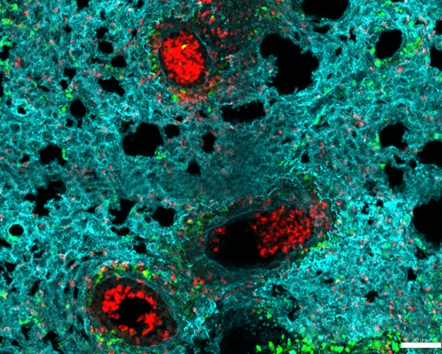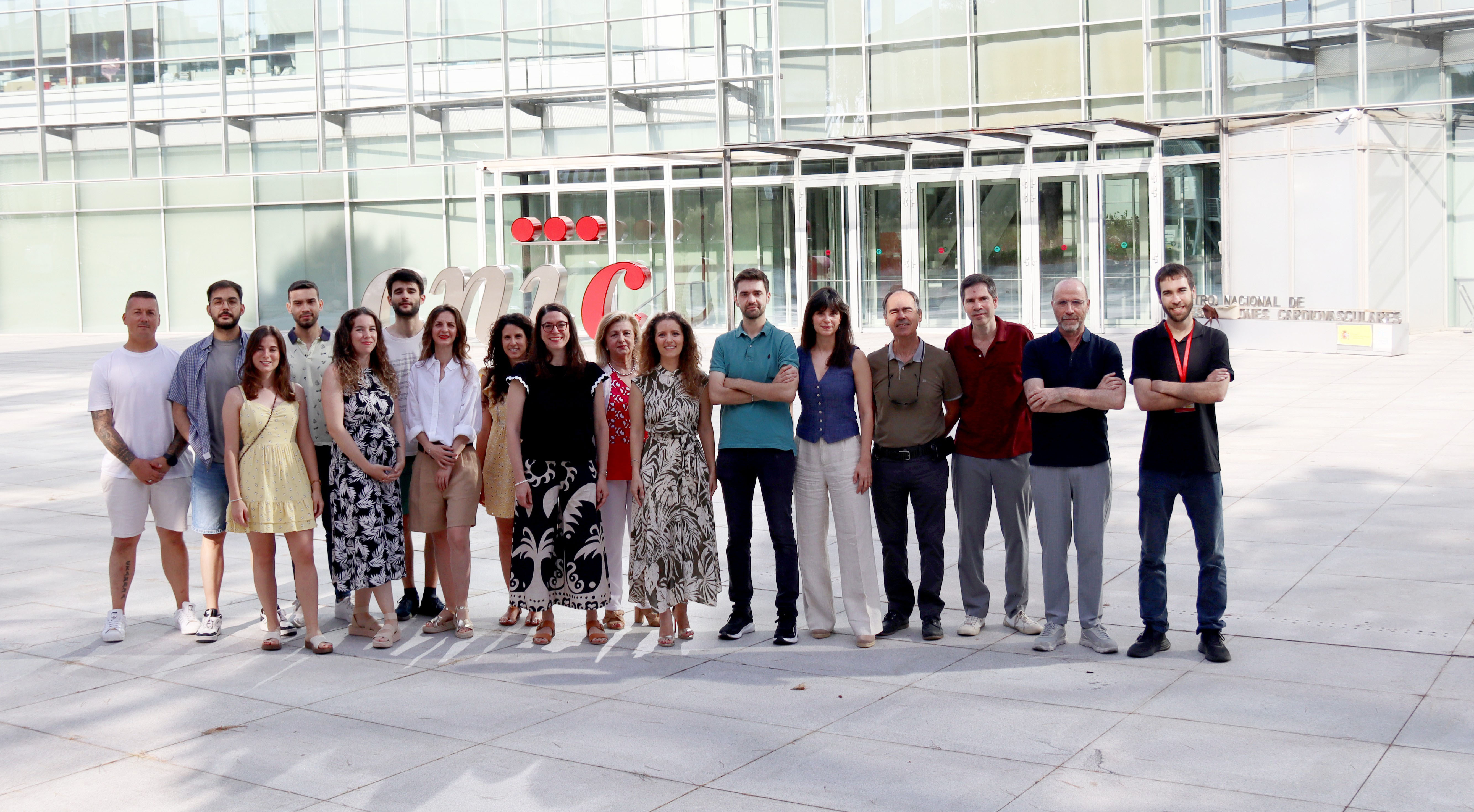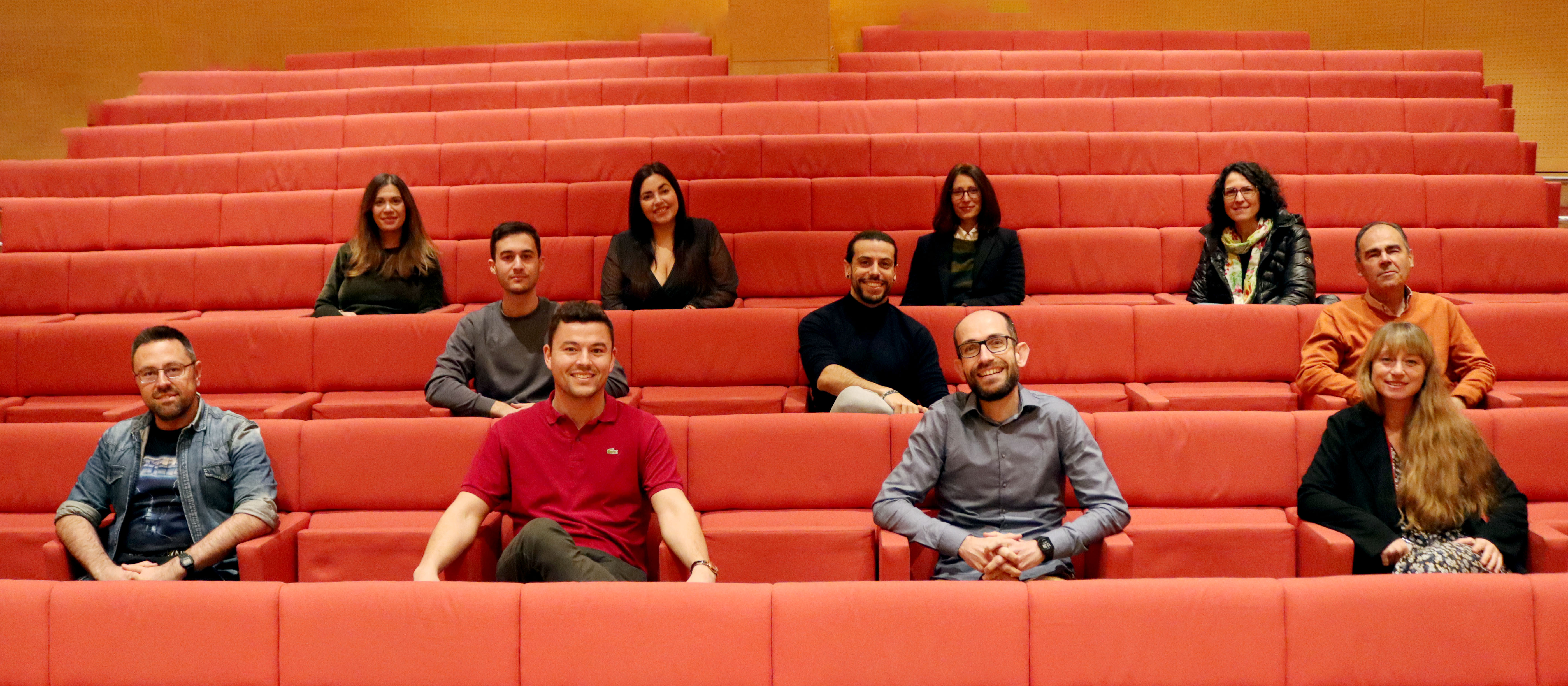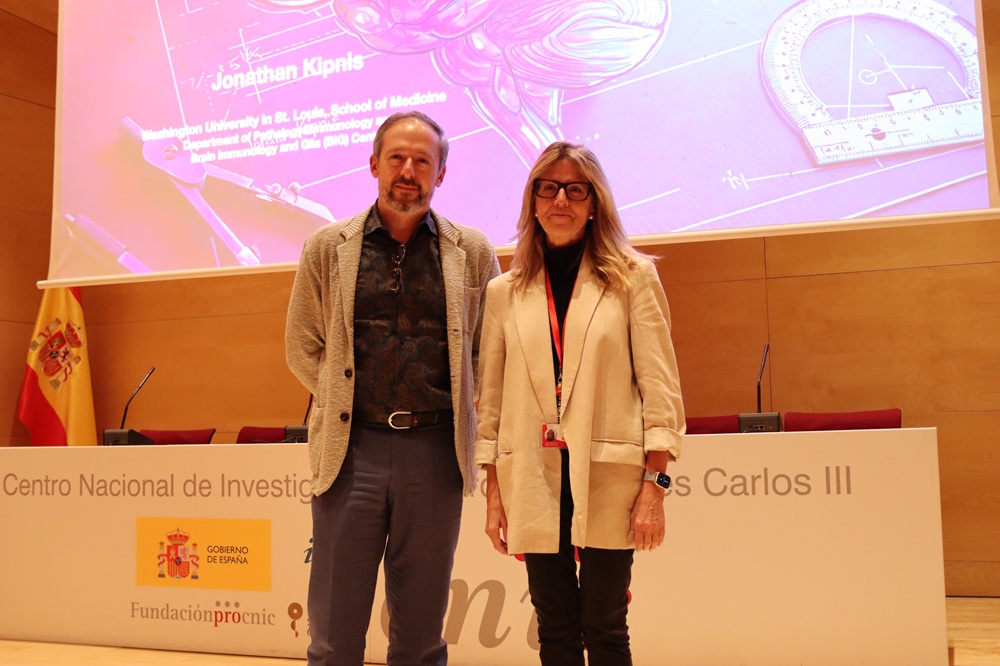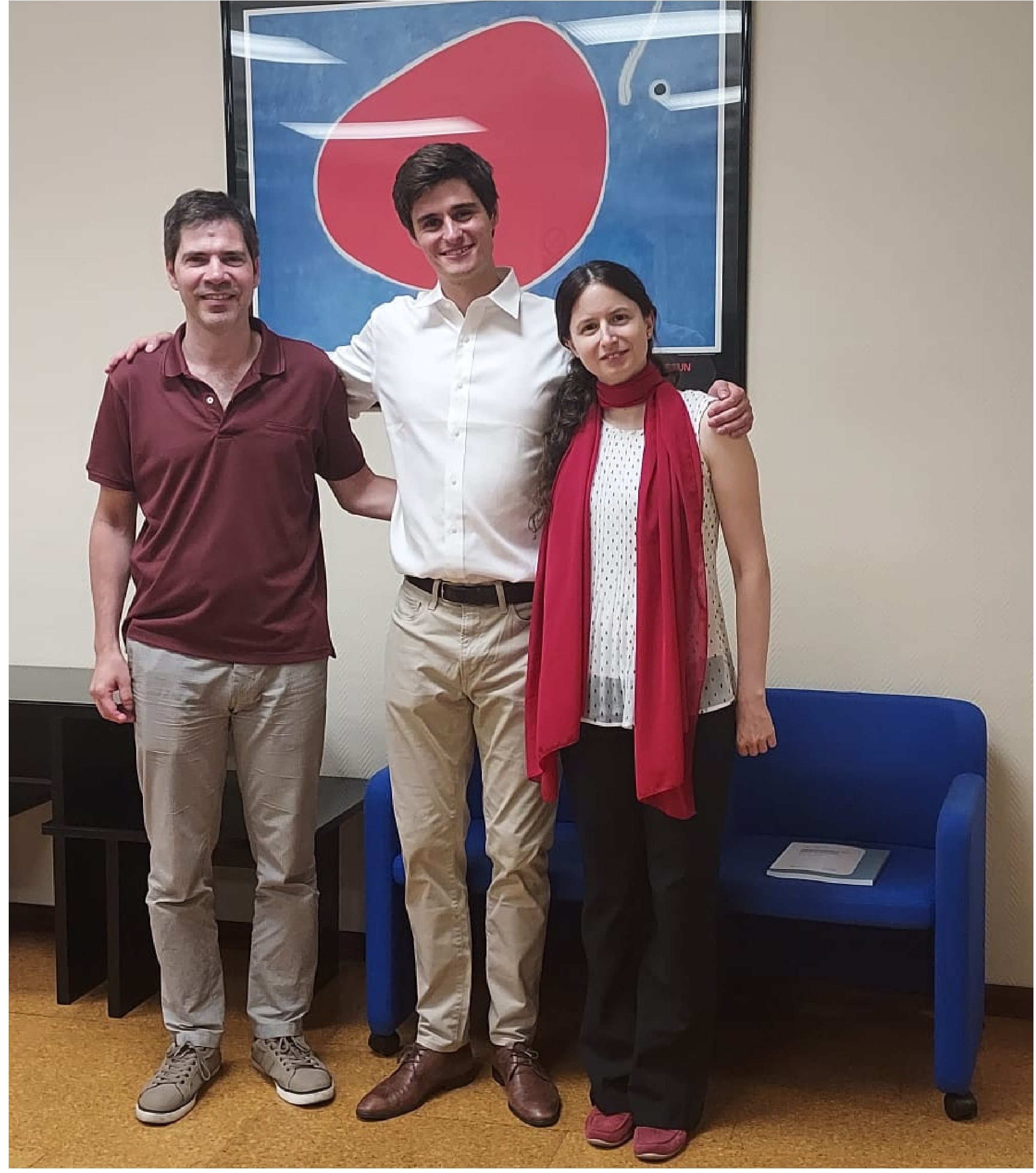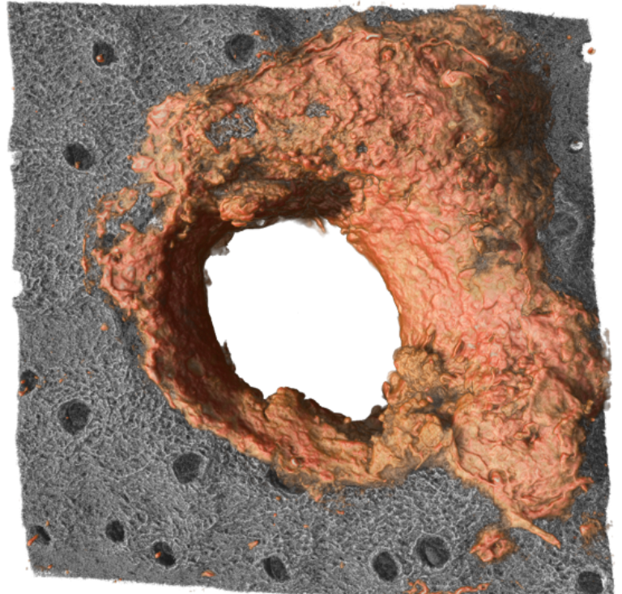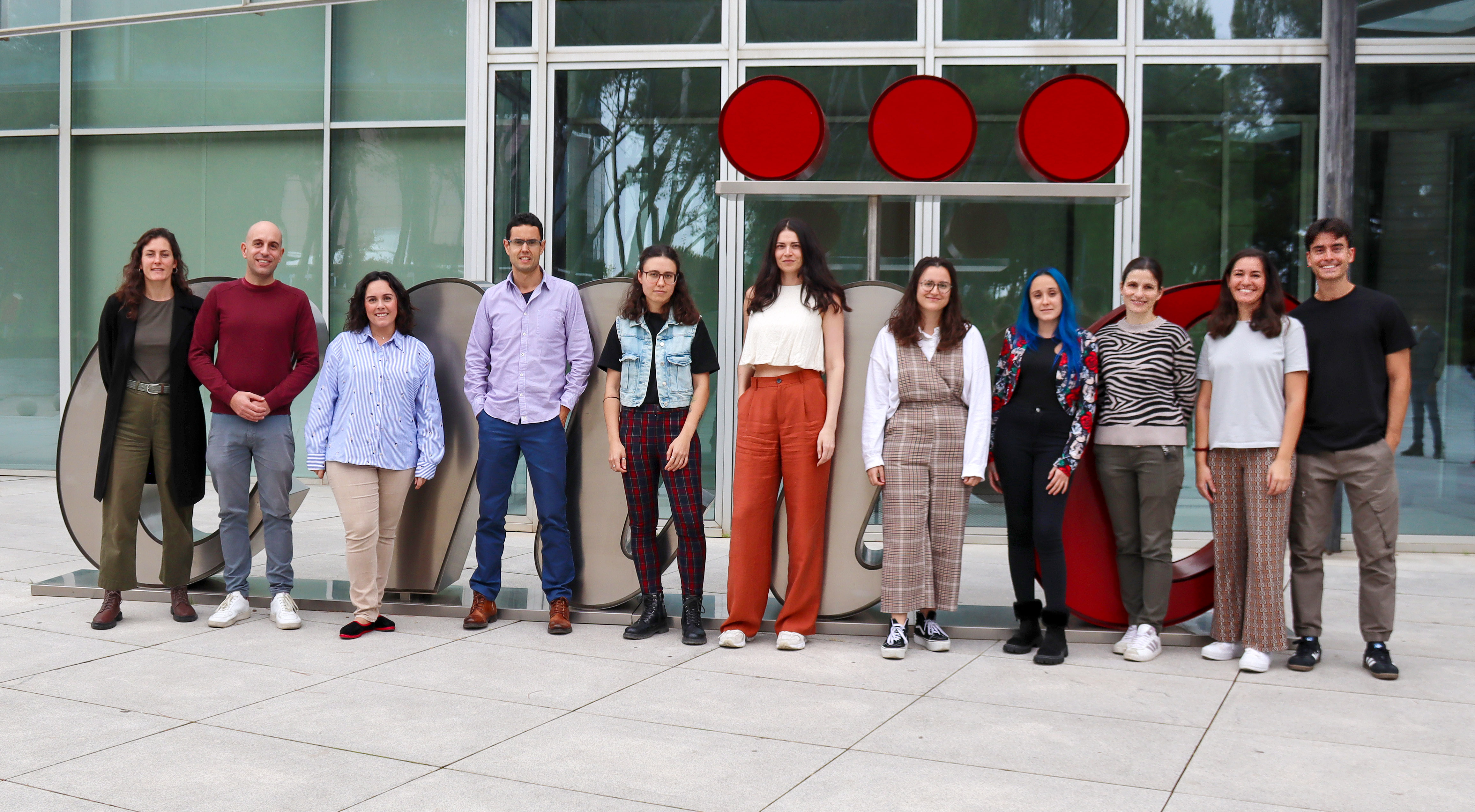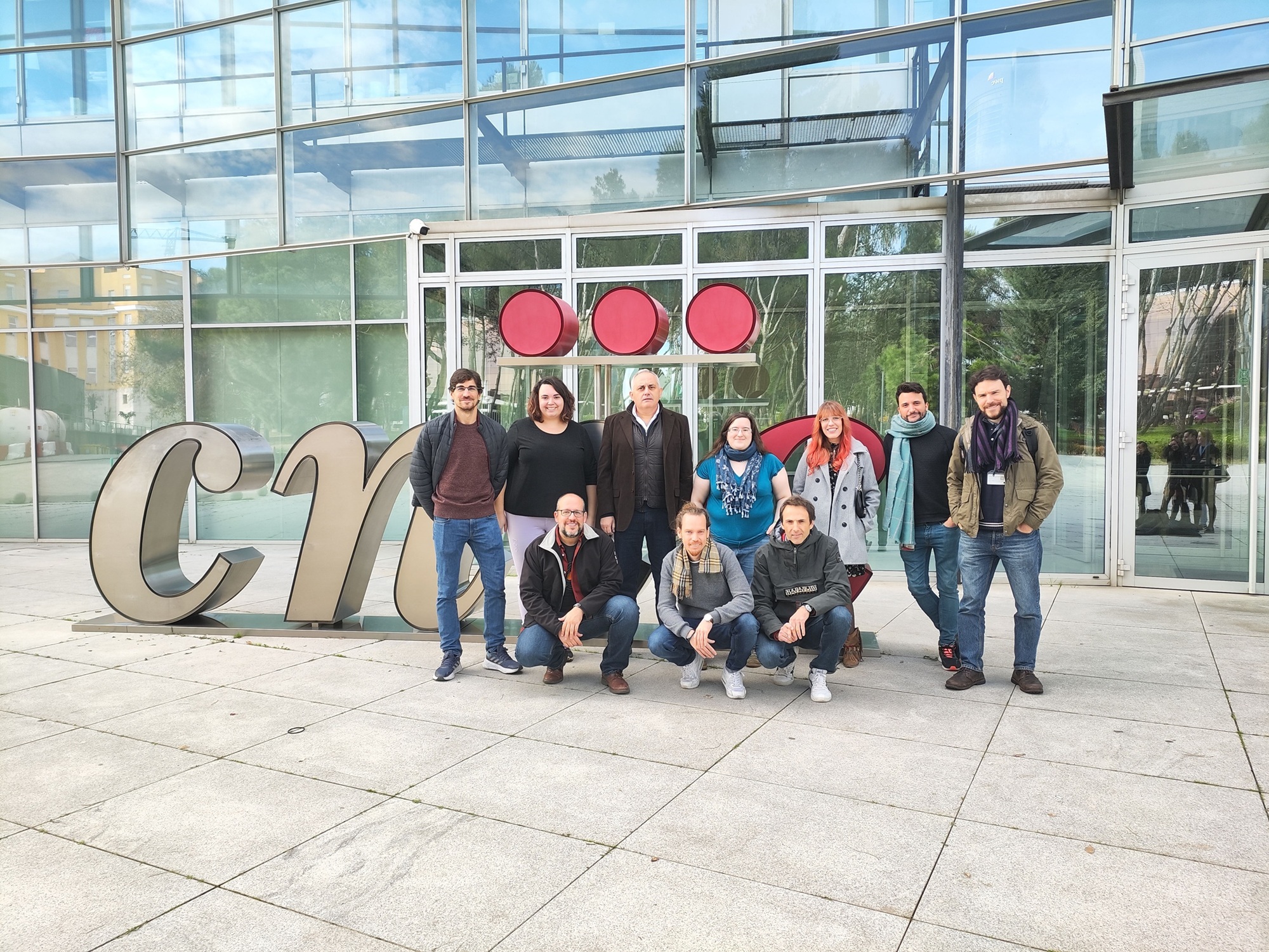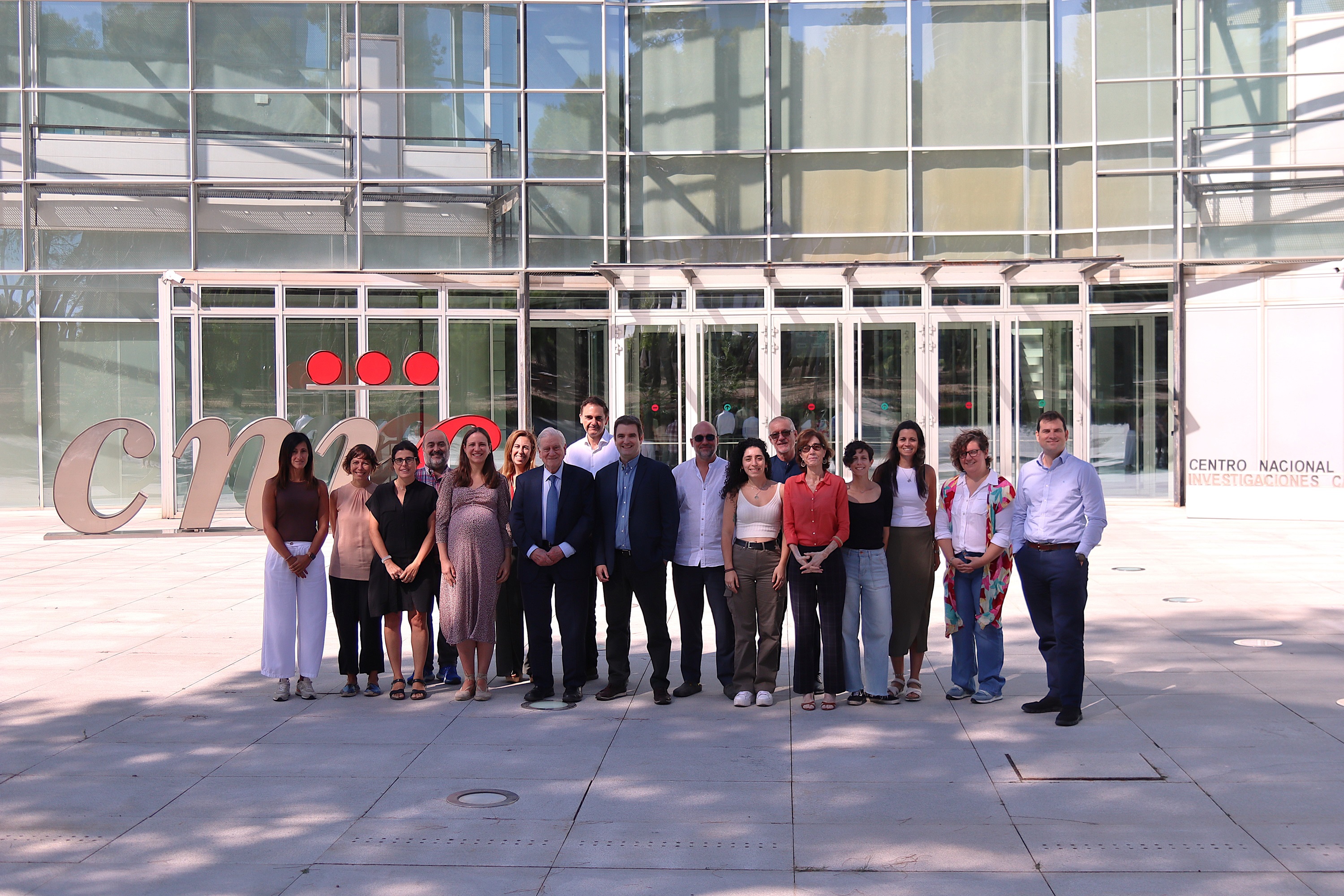News search
|
Research 2 Dec 2025 An international team has published NeuMap, the first atlas to reveal the global architecture of neutrophils, showing how this “first line of defense” reorganizes to protect, remember, and heal. |
|
Research 16 Jul 2025 A new study led by the CNIC has identified imidazole propionate (ImP), a metabolite produced by gut bacteria, as a driver of atherosclerosis— as a driver of atherosclerosis, the disease behind most heart attacks and strokes |
|
Research 5 Jun 2025 This new tool will advance the development of treatments for congenital muscle diseases and cardiomyopathies. |
|
About the CNIC 30 Apr 2025 Dr. Jonathan Kipnis is a Principal Investigator and the Alan A. and Edith L. Wolff Distinguished Professor of Pathology and Immunology at Washington University |
|
Research 14 Apr 2025 A study led by the Centro Nacional de Investigaciones Cardiovasculares Carlos III (CNIC), in collaboration with the Instituto de Investigación Biomédica de Barcelona (IRB Barcelona), has identified the most effective subtype of dendritic cell for generating immune memory in response to cancer |
|
Research 19 Mar 2025 Nature: CNIC scientists discover a type of immune cell that produces defensive "shields" in the skin The discovery, published in Nature, opens the path to new strategies for treating skin diseases and immunological disorders, with special potential for the treatment of inflammation, diabetes, and age-related conditions |
|
About the CNIC 15 Jan 2025 The study describes an innovative probe for the noninvasive detection of macrophages using PET technology |
|
Research 12 Dec 2024 iFlpMosaics is a new technology presented in Nature Methods that allows the modification and study of gene function in mouse models, advancing research on diseases caused by somatic mutations, such as cancer and vascular malformations. |
|
Research 28 Nov 2024 A study from the CNIC, published in Nature Communications, reveals how caveolae allow adipocytes to expand safely, storing fat without breaking or causing inflammation |
|
Research 30 Aug 2024 Two studies carried out at the CNIC provide key information about a newly identified cardiovascular risk factor, clonal hematopoiesis, and its treatment with the ancient medication colchicine |
- 1 of 7
- next ›
